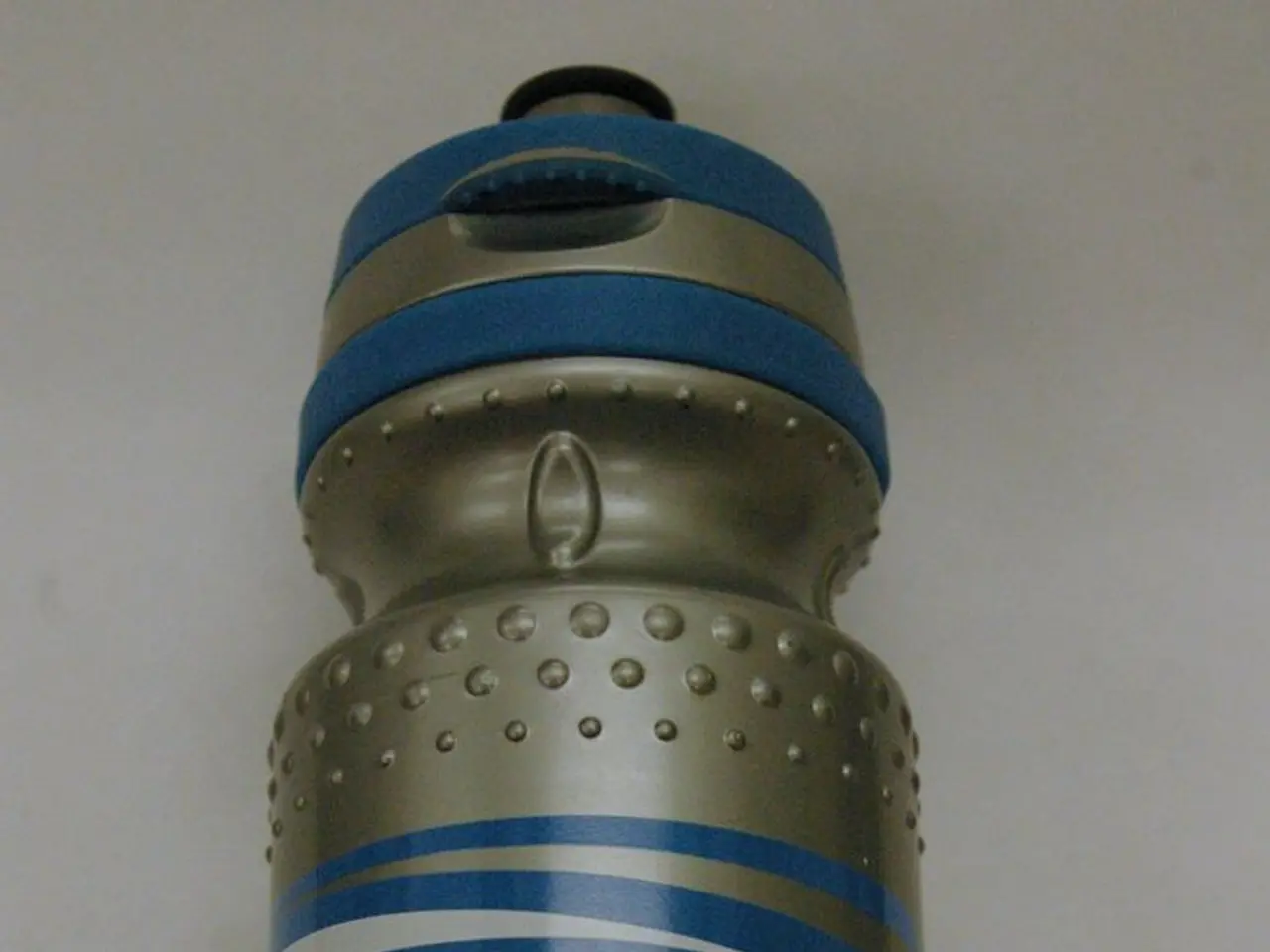Judge halts FDA's control over LDTs regulation; curious about impending consequences.
The debate over the regulation of Laboratory Developed Tests (LDTs) has shifted significantly, with the focus now falling squarely on Congress, according to Hyman, Phelps & Gibbs. This change comes in the wake of a federal court ruling that vacated the Food and Drug Administration's (FDA) 2024 Final Rule, which aimed to extend regulatory oversight over LDTs as medical devices.
The FDA's Final Rule, intended to strengthen oversight of LDTs, would have required clinical laboratories offering LDTs to comply with medical device manufacturing standards over a phased four-year period. However, on March 31, 2025, the U.S. District Court for the Eastern District of Texas ruled that the FDA had overstepped its statutory authority by attempting to regulate LDTs, which are considered professional medical services rather than manufactured medical devices or products.
In response, the FDA chose not to appeal the court's decision within the allotted 60-day period. As a result, the court's vacatur stands, and the 2024 Final Rule is effectively dead for the foreseeable future. Without an appeal or congressional action to authorize this regulation, the FDA cannot enforce its regulatory framework on LDTs at this time.
The existing CLIA oversight remains the primary framework for regulating LDTs, with calls from the medical community to modernize that system without duplicative FDA regulation. Zach Rothstein, executive director of AdvaMedDx, argues that having dual regulatory roles for LDTs is not a good use of the government's resources. He also states that it is in the interest of everyone for Congress to act to finally decide how, as a country, we should treat LDTs.
Attorneys suggest that the FDA may not appeal the court's decision and may let the matter rest until activity from Congress or the next administration. The American Clinical Laboratory Association and the Association for Molecular Pathology, who sued to stop the FDA from enforcing the regulation, prevailed in their legal challenge. Judge Sean Jordan of the U.S. District Court for the Eastern District of Texas vacated the rule.
As the FDA considers its next steps, it may choose to put enforcement dollars elsewhere, according to Ben Wolf. Matt Wetzel, a partner at the Goodwin law firm, notes that regulatory compliance for companies will continue to be a significant cost. Most labs use LDTs to meet specific clinical needs, where commercial in vitro diagnostic tests are unavailable.
State regulators, such as those in New York and Washington, could potentially step in to help fill the void left by the FDA's inaction on LDT regulation. A renewed legislative effort to modernize regulation of diagnostic testing and clarify the FDA's role in LDT oversight is likely, according to attorneys. The FDA might not challenge the court decision on the LDT final rule due to its unpopularity with industry under the new Republican administration.
In conclusion, the FDA's attempt to regulate LDTs as medical devices has been halted due to legal limits on its authority, and there are no immediate plans to revive the regulation absent legislative changes. The existing CLIA oversight remains the primary framework for regulating LDTs, with calls for modernization without duplicative FDA regulation.
- The focus on the regulation of Laboratory Developed Tests (LDTs) has shifted to Congress, according to Hyman, Phelps & Gibbs, following a federal court ruling that vacated the Food and Drug Administration's (FDA) 2024 Final Rule.
- The FDA's decision not to appeal the court's ruling means the 2024 Final Rule, intended to extend regulatory oversight over LDTs, is effectively dead for the foreseeable future, leaving the existing CLIA oversight as the primary framework for regulating LDTs.
- Zach Rothstein, executive director of AdvaMedDx, argues that having dual regulatory roles for LDTs is not a good use of the government's resources and states that it is in everyone's interest for Congress to act and decide how, as a country, we should treat LDTs.
- State regulators, such as those in New York and Washington, could potentially step in to help fill the void left by the FDA's inaction on LDT regulation.
- A renewed legislative effort to modernize regulation of diagnostic testing and clarify the FDA's role in LDT oversight is likely, according to attorneys.
- Attorneys suggest that the FDA may not challenge the court's decision and may let the matter rest until activity from Congress or the next administration.
- Most labs use LDTs to meet specific clinical needs, where commercial in vitro diagnostic tests are unavailable, making regulatory compliance for companies a significant cost.
- The debate over the regulation of LDTs as medical devices brings up discussions in the healthcare, medtech, and AI industries, highlighting the need for patient safety, proper analysis, and up-to-date news and events in medical-conditions, health-and-wellness, and science.




